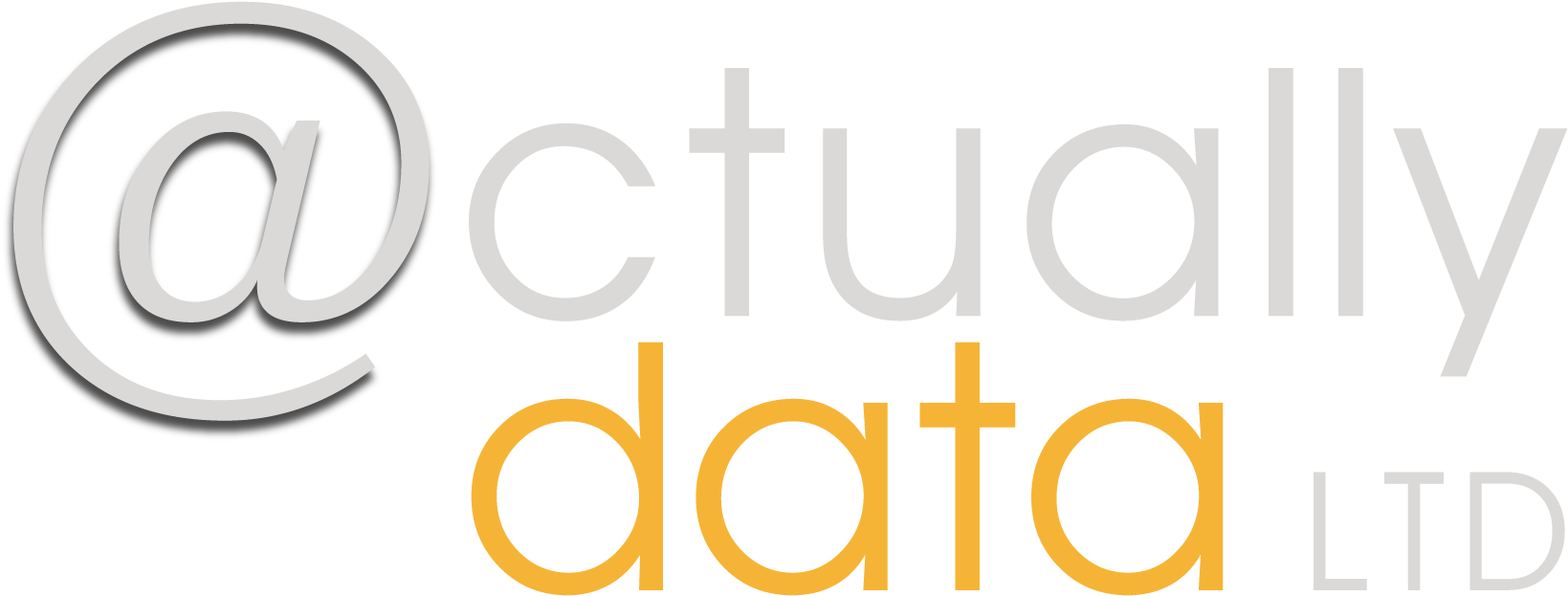In days gone by we used to think about profiling as being geodemographic. Splitting up of data based on things like household income, gender, age. But now as a society we have got concerns about what’s acceptable when cutting data up into these chunks.
In fundraising terms the most common segmentation is rfv/rfm regency, frequency, monetary or value depending on which marketing school you went to. We then use stakeholder groups as well to get a deeper level of understanding.
I’ve seen a lot of charities in my time move away from just mailing everyone on the database to a very simple rfm segmentation model which has reaped huge benefits. There was one charity where because of the size of the database, we had close to 100 segments, which for most charities would be overkill. It did give the fundraising manager a view that was really helpful when having a database of such size though and is the benchmark for the work that they do today.
But I think that the landscape of what’s possible is now changing. So this next bit does come with a bit of a health warning. Just because it’s possible doesn’t mean that you have to do it all or have a database big enough to get value out of these things.
Now lifestyle data is different. Historically it was what car do you drive, what postcode are you in, how many children do you have. With the rise of social media we now have what I think could be more meaningful data and large organisations are harnessing this data with their integrated approach. Organisations let you login with your Facebook login details and can then cut the data in different ways. How many friends do you have, what causes do you and your friends care about, what are your personal interests?
Twitter makes it even more interesting where we have the rise in sentiment so now with the intelligence in systems we can now interpret your feelings about a product, person,organisation or situation, leaving sarcasm aside for a minute.
All of this might feel a bit big brotherish and I know that at Actually Data towers we have spoken about what security concerns things like this can cause a supporter. If I communicated with you in a supporter email with your latest tweets or Facebook status wouldn’t this freak you out? Maybe or maybe not!
The point I’m trying to make is this. How we can dissect data could change and if what you’ve read above is interesting this is where the conversations around big data start. I’m not trying to make this post scary but buzz words like big data are banded around and scare some with little knowledge but at the heart of it, it’s just a different way to get at and aid the segmentation process.
One of the things that I believe is changing in the sector is how we do our segmentation whether this be overlaying extra data from things like social media, or whether it be trying to capture more information about a supporters motivation to support the cause.
The age old thing that every fundraiser/marketeer will tell you is test, test and then test again. It’s only from this that we will learn what is working in this ever changing environment. If you would like help in working out how and whether you can do this please contact me for a no obligation chat.


 For example my wife mentioned to me in a comment recently, after attending a conference that a question was raised about “If Olive Cooke was alive today, would she have signed up for the Fundraising Preference Service” it does make you think….
For example my wife mentioned to me in a comment recently, after attending a conference that a question was raised about “If Olive Cooke was alive today, would she have signed up for the Fundraising Preference Service” it does make you think….